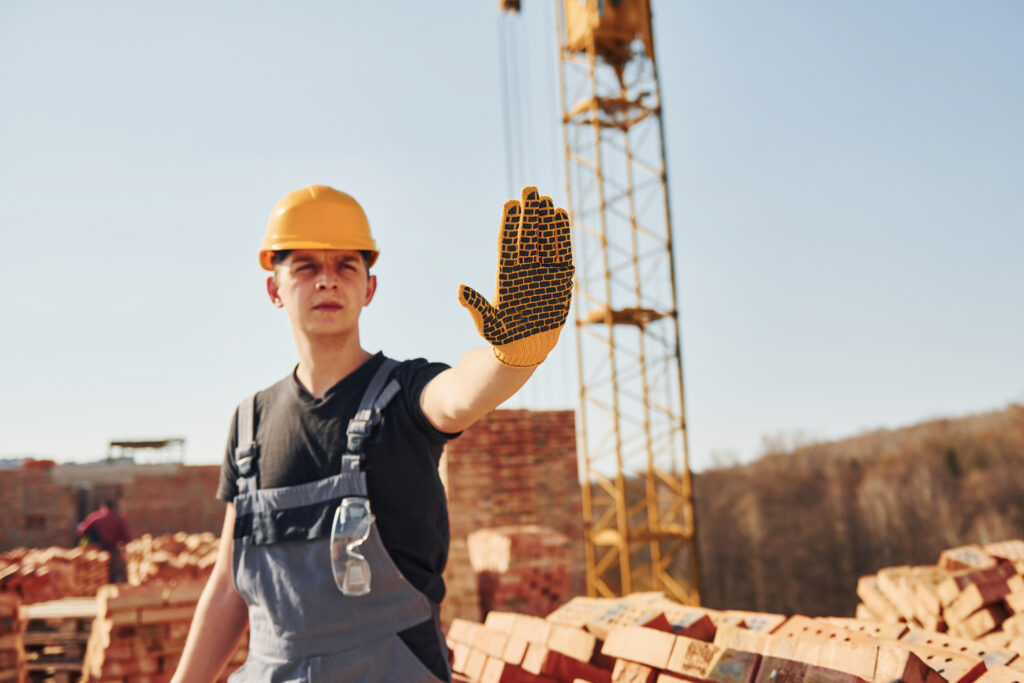Construction Roles Eligible for Skilled Worker Sponsorship are a key focus for both employers and applicants in the UK. The Skilled Worker route continues to shape how international talent enters the construction industry, with eligibility tied to specific roles and criteria. For many businesses, understanding how sponsorship works is now part of long-term workforce planning, while for individuals, it represents a route to building a stable career in one of the UK’s most vital sectors.
The way construction roles are recognised under this visa reflects ongoing demand in the sector, as well as the need to maintain clear standards for eligibility. Salary levels, shortage considerations, and job classifications all contribute to shaping who can qualify and how employers manage their recruitment strategies. For workers seeking opportunities, sponsorship provides a structured pathway that combines professional growth with the security of lawful employment in the UK.
Important Updates
Recent guidance from UK Visas and Immigration clarifies that the Temporary Shortage List, published in July 2025, now includes certain construction and building trade roles. At the same time, skill-level requirements have shifted: many roles that were previously eligible must now satisfy higher standards under the Skilled Worker route. Employers and individuals considering UK construction jobs visa sponsorship need to take into account both the updated salary thresholds and whether the role is listed under the Temporary Shortage List.
What is the Temporary Shortage List & How Does It Affect Construction?
The Temporary Shortage List (TSL) is a tool used alongside the Skilled Worker visa to address current gaps in the UK labour market, especially for roles at RQF Level 3-5 (i.e., sub-degree level). Roles included on this list are eligible to apply for skilled worker sponsorship even if they do not meet the new (higher) skill or salary thresholds that apply to RQF Level 6+ roles.
For construction, that means that some non-graduate trade roles (for example, certain building trades supervisors, welders, plumbers, painters & decorators, etc.) may qualify under the TSL where they are explicitly listed. This provides a pathway for construction workers whose roles fall below graduate level but whose skills are considered in short supply.
Construction Roles Eligible for Skilled Worker Sponsorship in 2025
| Role | SOC code/category | On Temporary Shortage List? | Standard rate (annual) |
| Construction and building trades supervisors (construction supervisors, foremen) | SOC 5330 | Yes. | £41,800 per annum (£21.44/hr). |
| Builders; fence erectors; steel fixers; other construction & building trades N.E.C. | SOC 5319 (Construction & building trades N.E.C.) | Yes. | £33,400 per annum (£17.13/hr). |
| Plumbers; heating & ventilating installers & repairers | SOC 5315 | Yes. | £38,100 per annum (£19.54/hr). |
| Floorers & wall tilers; Painters & decorators (building finishing trades) | SOC 5322 / SOC 5323 | Yes. | £33,400 per annum (£17.13/hr). |
How Salary Thresholds Apply?
1. Construction roles listed on the Temporary Shortage List must meet at least the standard rate set for that SOC code. Employers cannot use reduced rates just because the role is on the list.
2. If an applicant’s first Certificate of Sponsorship (CoS) was issued before 4 April 2024 and they have continuously held one or more Skilled Worker visa(s) since then, they may be able to qualify for the lower rate rather than the standard rate.
3. For any role, the salary offered must also satisfy the going rate for that occupation. Whichever is higher: the SOC-specific going rate or the relevant national minimum for the Skilled Worker route.
4. The salary figures are based on a full-time working week (usually 37.5 hours per week). If the job is part-time, the salary must be prorated according to the actual working hours.
5. The TSL covers roles at RQF Level 3-5 (below graduate level). Only occupations in those levels that are explicitly listed in the TSL can use these provisions.
RQF Skill Level Requirements
- Most construction roles that are eligible under the Skilled Worker route are now required to be at least RQF Level 3-5 under the Temporary Shortage List if they are below graduate/specialist roles.
- For roles at graduate level or above (RQF Level 6+), applicants must match the higher skill thresholds and salary requirements under the main Skilled Worker salary lists and eligible occupations. Many supervisory and specialist roles will now be assessed under those stricter criteria.
Roles That Do Not Qualify
- Many lower-skilled roles (below RQF Level 3) are no longer eligible for Skilled Worker visa sponsorship, unless they are already covered under grandfathering rules or specific exceptions.
- Roles outside the Temporary Shortage List, even if they share a trade name, may fail because they do not meet the exact SOC classification, required skill level, or salary threshold. Always check the applicable SOC code and ensure it exactly matches what is listed.
- Some occupations in construction may be excluded or restricted depending on where in the UK the job is located and whether the sponsor is registered and meets other obligations (e.g., proving genuine vacancy, compliance obligations).
Tips for Employers & Workers for UK Construction Jobs Visa Sponsorship
To improve the chances of a successful Skilled Worker sponsorship in construction:
- Correctly assign the Standard Occupational Classification (SOC) code — make sure your job title matches the exact eligible code listed under TSL.
- Set contracts to meet the salary thresholds in the Temporary Shortage List or Skilled Worker standards, depending on role and skill level.
- Show required skill/qualification level — even in trade roles, some technical qualifications or experience matter for eligibility (especially for RQF Level 3-5).
- Be clear whether the role is on the TSL — if it is, you may have more options; if it’s not, you’ll need to meet the standard criteria.
- Keep an eye on changes — the lists are reviewed and occupations can be added or removed; salary thresholds may change.
Concluding Remarks
The landscape for UK construction jobs visa sponsorship is constantly evolving. For trade and supervisory roles, the Temporary Shortage List can provide a useful pathway under the Skilled Worker Visa. However, with stricter salary thresholds, skill requirements, and the importance of using the correct SOC codes, employers and applicants alike need to pay close attention to the details.
If you are involved in construction and thinking about sponsorship, start by checking the relevant SOC code, confirming whether the role is on the Temporary Shortage List, and ensuring the salary aligns with the requirements. Careful preparation can make all the difference. For ongoing guidance and updates, be sure to follow Skilled Worker Mag.



